Rajshahi, Aug 29 (V7N) — A drastic fall in potato prices has plunged thousands of farmers and traders in Durgapur upazila of Rajshahi into financial distress, following what was initially a promising year of large-scale potato cultivation.
Farmers, hoping for better market conditions, stored their produce in cold storage after witnessing a poor price trend during the initial harvest season. However, nearly four months later, prices remain stagnant at an unsustainably low level. As a result, many are now facing losses so steep that they fear losing their invested capital entirely.
Currently, potatoes stored in local cold storage facilities are selling at only Tk 14 per kilogram, while production costs — including land lease, seeds, fertilizer, pesticides, labor, transportation, and sorting — amount to approximately Tk 24 per kilogram. Adding cold storage rent of Tk 6 and other handling expenses brings the total cost to around Tk 32 per kilogram. Yet, the market price remains far below this, with potatoes being sold wholesale at Tk 13–14 per kilogram and in retail markets at around Tk 20.
Compared to last year, when prices ranged between Tk 50–60 per kilogram during the same period, this year’s situation has led to overwhelming losses. According to local estimates, the total number of affected farmers and traders in Durgapur exceeds several thousand.
Farmers report that the cost of producing and storing a 65-kg sack of potatoes stands at Tk 2,080. Currently, the same sack fetches only Tk 910–1,000 at the cold storage gates — resulting in an average loss of Tk 1,170 per sack. Traders, who purchased potatoes directly from farmers at Tk 20 per kilogram with the hope of reselling at a profit, now face average losses of over Tk 780 per sack, given the total per-kilogram cost of Tk 27.
Farmers fear this year’s loss may wipe out more than half of their capital, creating a long-term impact on their financial stability. Many estimate it may take five to seven years to recover from this season’s blow.
Cold storage facilities, once bustling with activity, now stand largely idle. With prices so low, farmers are reluctant to retrieve their stored produce. Wholesale buyers are also facing difficulties sourcing potatoes in required volumes due to the stalled market.
Ansar Ali, a farmer from Chuniya Para village, said, “If the government does not act soon, new potatoes will enter the market by November. Then, we may have no choice but to throw away the old ones. The government should explore options for exporting potatoes so that farmers can at least recover part of their investment.”
Monirul Islam, another potato grower, explained, “I sold some of my produce straight from the field, but couldn’t even break even. I borrowed money to store the rest. The storage cost per sack was Tk 1,950, and now I can only sell them for Tk 910–1,000. That’s a Tk 1,040 loss per sack.”
Trader Kaysar Hamid reported purchasing 1,000 sacks at Tk 20 per kilogram and storing them, expecting a return. Now, he fears losing up to Tk 800,000 of his investment.
Hasan Ali, who cultivated potatoes on 20 bighas of land this season, invested Tk 1.5 million. “I haven’t sold a single sack yet. If the prices don’t improve, I’ll lose at least Tk 10 lakh,” he said, echoing the concerns of hundreds of others in the area.
Retailer Siddiq from Singa Bazar added, “No one is taking potatoes out of cold storage, and there is low consumer demand. In the past, Bangladeshi potatoes were exported, but this year that has stopped. That’s the real reason for the price collapse.”
Farmers have called on the caretaker government to ensure fair pricing for agricultural products and to take immediate steps to stabilize the market, particularly for perishable goods like potatoes. Without urgent intervention, they warn that many will be forced to abandon farming altogether.
END/MRA/SMA/



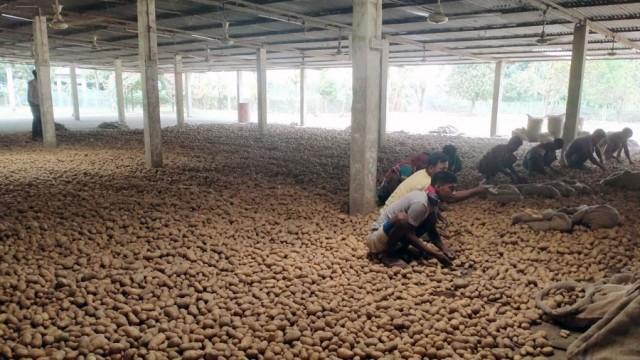
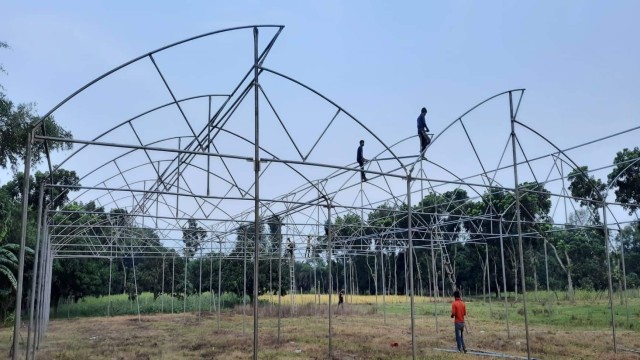

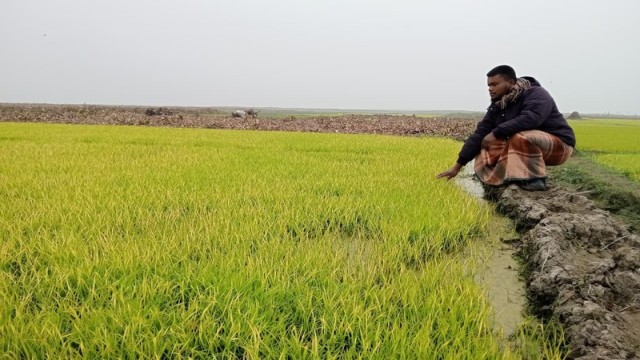
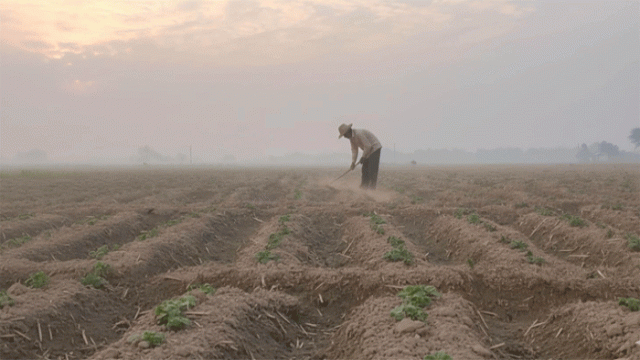
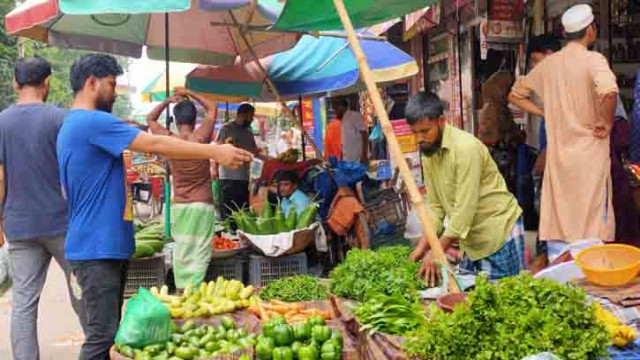
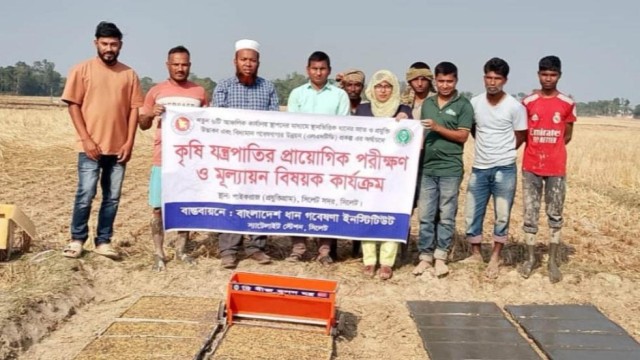

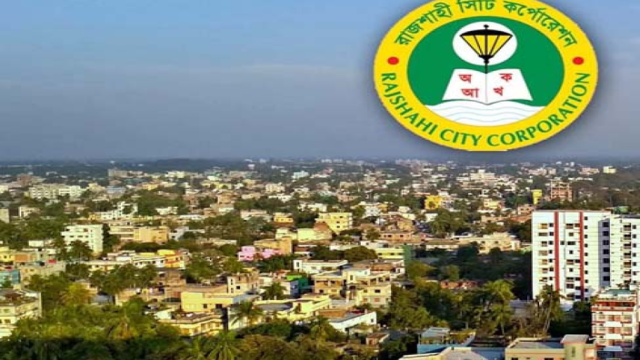
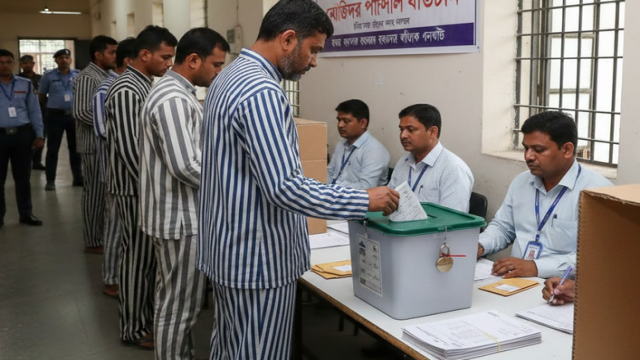




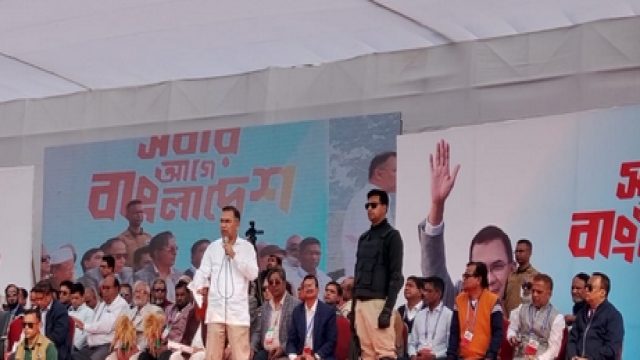












Comment: